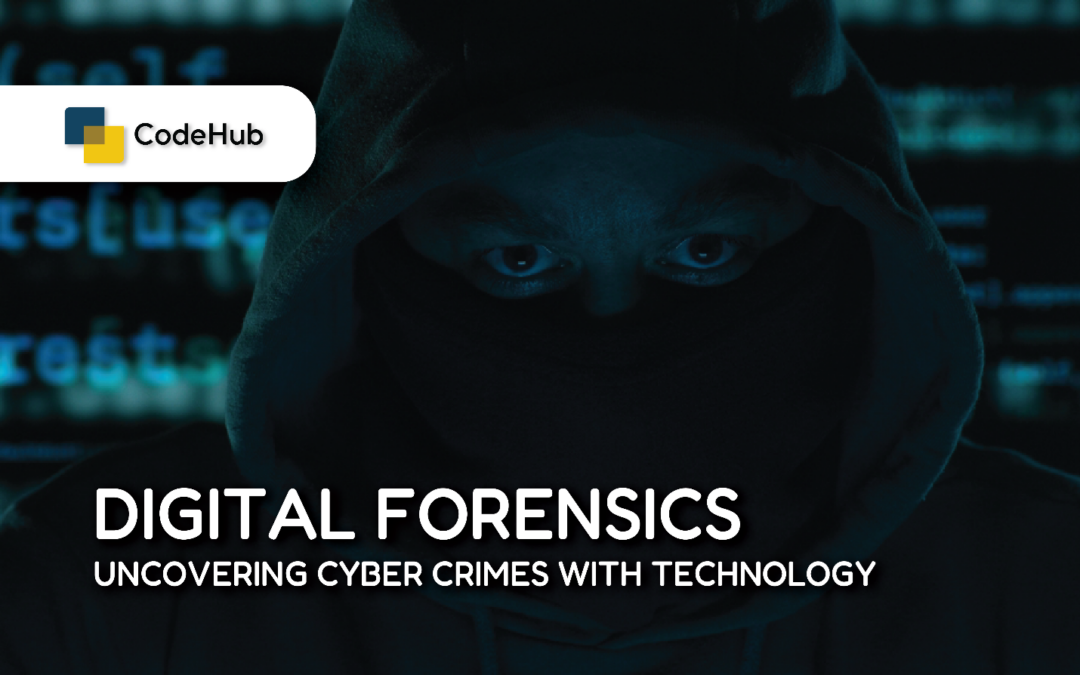In the age of digital connectivity, cybercrimes are on the rise, and digital forensics is at the forefront of combating them. Digital forensics involves the investigation and analysis of digital evidence to uncover illegal activities, from hacking and data breaches to fraud and cyberstalking. Using advanced technology, digital forensics experts play a crucial role in bringing cybercriminals to justice.
The process of digital forensics begins with data collection, where forensic specialists gather information from digital devices such as computers, smartphones, and servers. They utilize specialized tools to extract and preserve data without altering its original state. This is followed by data analysis, where investigators sift through vast amounts of information to identify relevant evidence, such as emails, logs, deleted files, and hidden data.
Advanced forensic tools, powered by machine learning and AI, are now capable of detecting patterns and anomalies, enabling quicker identification of malicious activities. This technological edge is essential in complex cases involving sophisticated cyber-attacks and large-scale data breaches.
Digital forensics not only aids in solving crimes but also plays a preventive role. By analyzing the methods used by cybercriminals, organizations can strengthen their cybersecurity measures and reduce vulnerabilities.
As cyber threats continue to evolve, digital forensics remains a critical field, leveraging technology to uncover hidden evidence, protect sensitive information, and ensure justice in the digital world.

